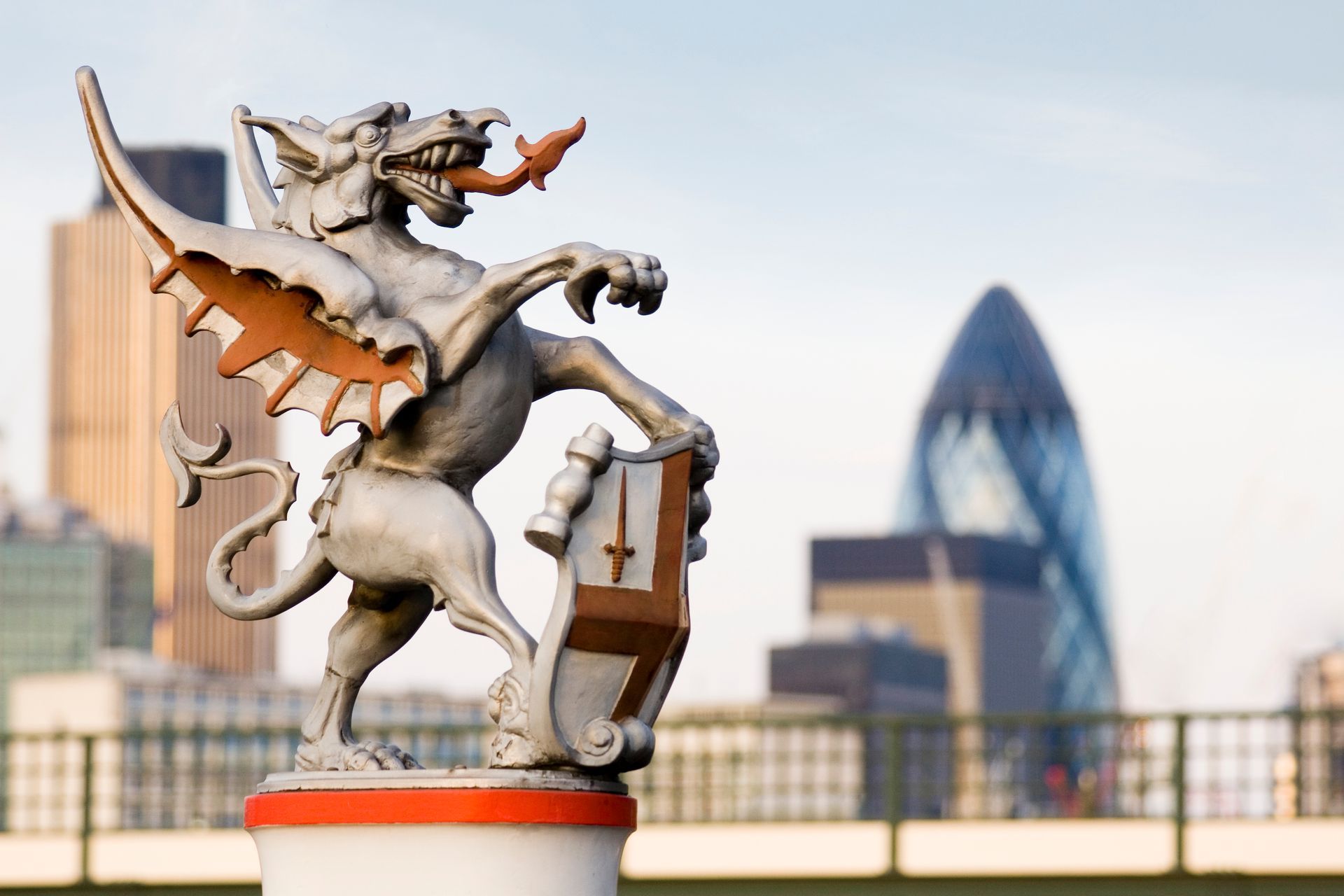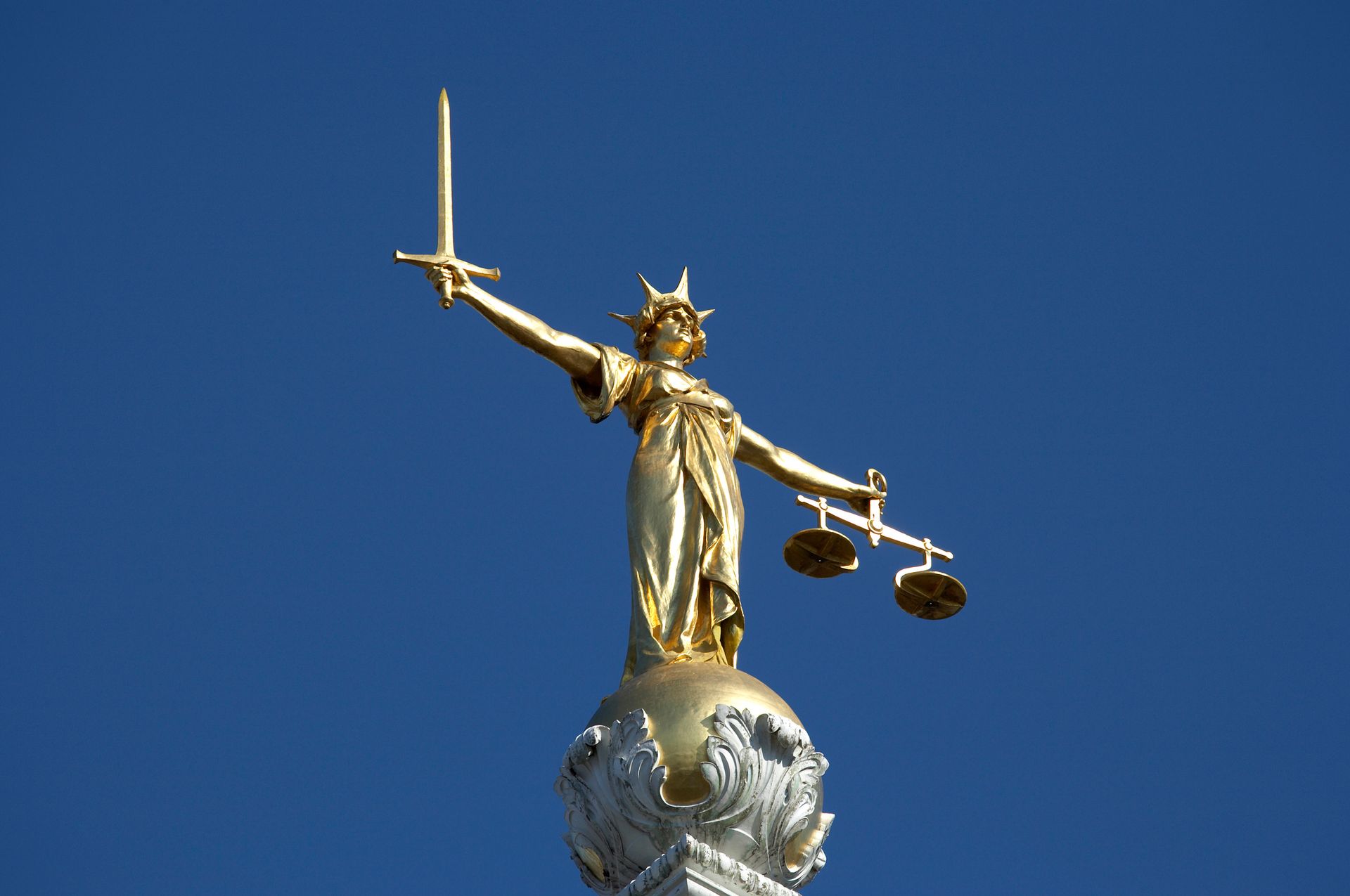The Role of Sheriff
Having been first documented in the 7th Century, the position of Sheriff stands as the United Kingdom's oldest non-religious role, second only to the monarch.
The Role Today
Although Sheriffs are no longer responsible for collecting taxes, their role continues to involve close collaboration with the City of London Corporation, His Majesty's Judges at the Old Bailey, and the Livery companies.
The Old Bailey
The Central Criminal Court of England and Wales, commonly referred to as the Old Bailey, is proudly owned and overseen by the City of London. The Square Mile's commitment to upholding the English rule of law is a crucial advantage for attracting foreign businesses. As the Sheriff, it is vital to champion the City of London's essential financial, business, and professional services.
The key responsibilities of the Sheriffs are to:
- Support His Majesty’s Judges at the Old Bailey by organizing and hosting events and an outreach programme.
- Assist the Lord Mayor of the City of London in both domestic and international affairs, while actively promoting the City’s business and philanthropic initiatives.
- Establish effective communication channels with the City of London Corporation and Mansion House.
- Enhance the promotion of the Livery and raise awareness of the extensive charitable giving and pro bono work.
- Organize and participate in events to raise awareness about the Lord Mayor's business programme, the Lord Mayor's Appeal, the Sheriffs' and Recorder's Fund, and other charitable activities.
- Ensure the Livery is well-informed about the Mayoralty's aims and activities
- Collaborate with the Recorder and organize events at the Old Bailey whenever feasible to support business and philanthropic initiatives.
- Represent the Lord Mayor at social gatherings or in the Sheriff's personal capacity.
- Participate in Common Hall and assume responsibility for overseeing and leading the proceedings of Common Hall in the absence of the Lord Mayor.


